You will fail. You will fall down and scrape your knees, break a bone, and maybe even end up in a body case (metaphorically speaking, of course). There will be pain. Courage is the willingness to do something in the face of fear, discomfort, and pain. As a result, courage is what separates those of us who want something from those of us who achieve it. (xv)
As human beings, we are meaning-making machines. We do not leave the situation [we are in and experiencing] as data. Instead we add meaning, which creates emotion. The emotion we choose [or comes up for us] is based on the meaning we give the situation. Or, said differently, the meaning we give to a situation creates the emotion we feel. (p. 11)
The Courageous Leader is about being courageous in tough times. So, what are tough times, and what exactly is courage?
> Tough times are situations or people we encounter that create some level of discomfort or pain.
> Courage is what moves us into action in the face of tough times.
(p. 4)
The fear of that pain is what stalls most leaders [and facilitators]. (p. 5)
- The Courage to Get Unstuck
- The Courage to Take a Stand
- The Courage to be Humble
- The Courage to Be Confident
- The Courage to Delegate
- The Courage to Give and Receive Feedback
- The Courage to Be in the Middle (and Not Be in the Middle)
Chris Cavert, Ed.D.

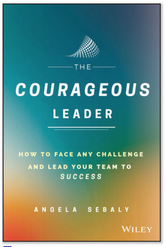
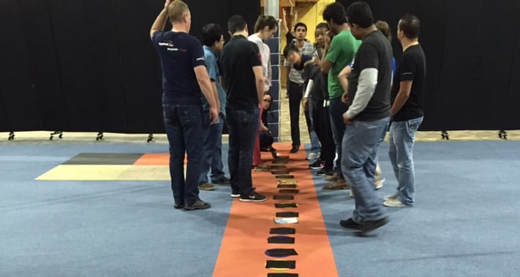

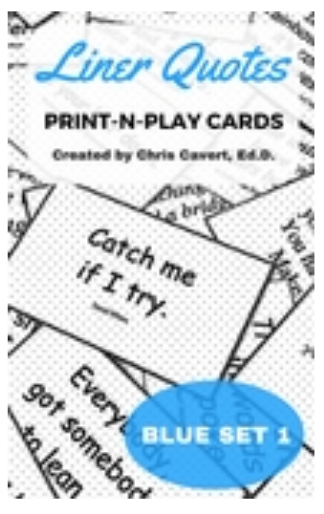
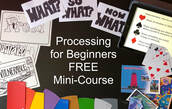
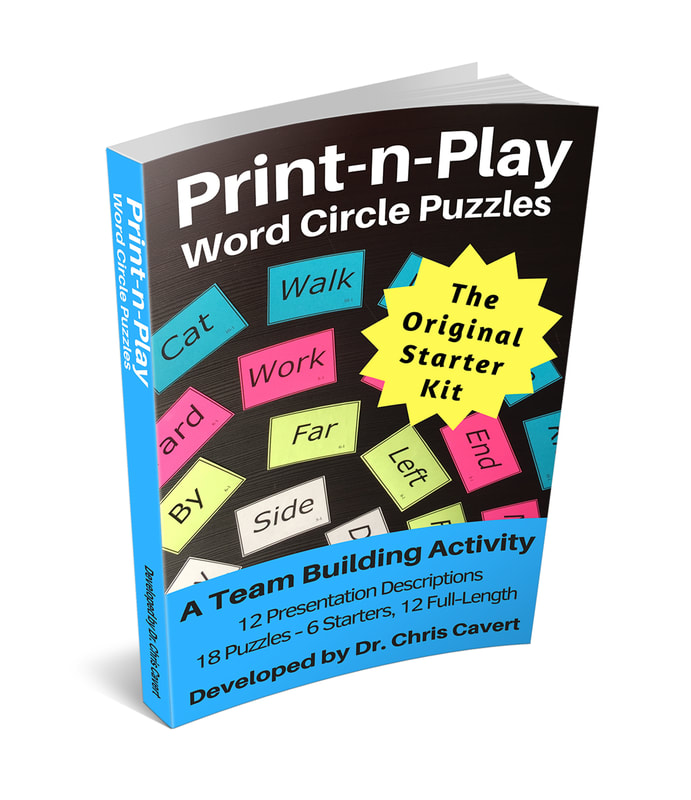
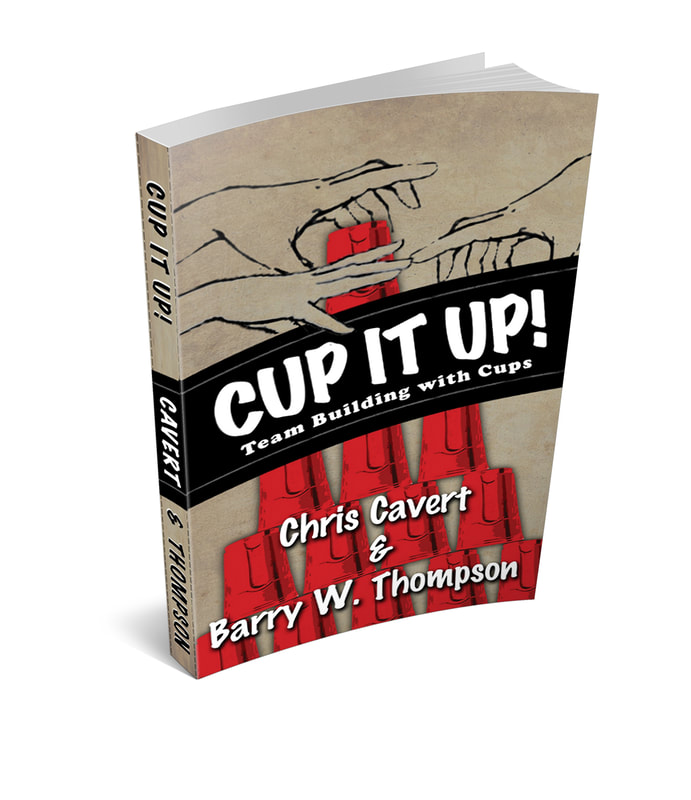
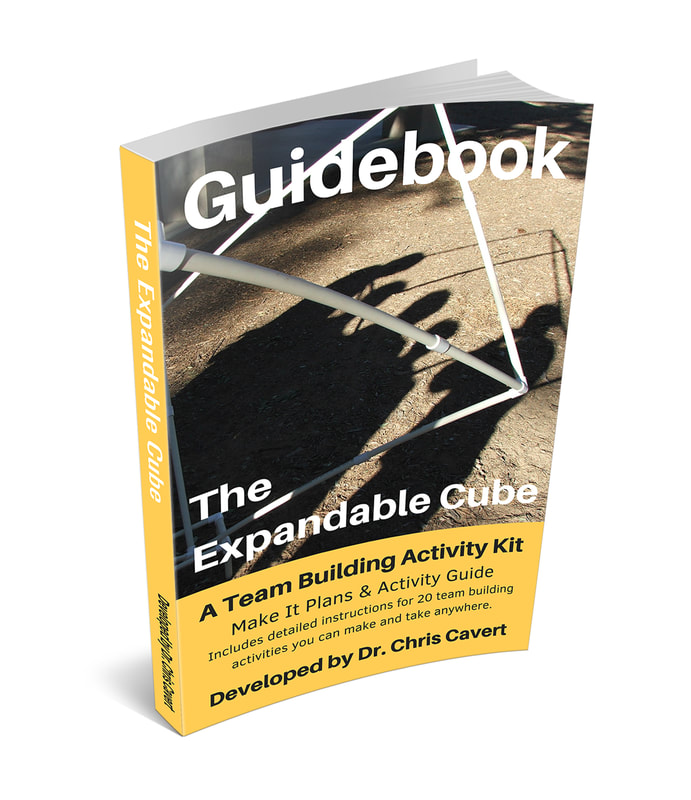
 RSS Feed
RSS Feed